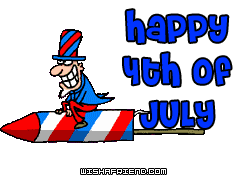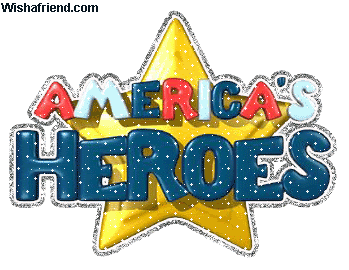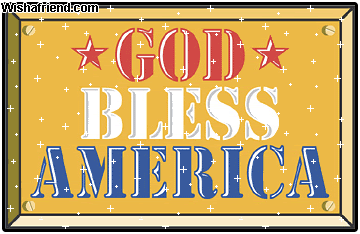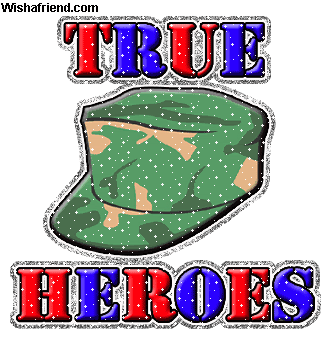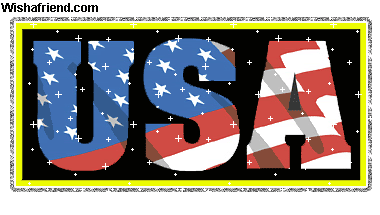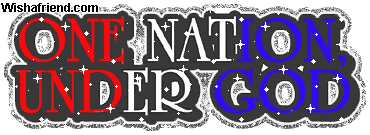Benjamin Franklin
- ..
Benjamin Franklin, (January 17, 1706 April 17, 1790) known as one of the Founding Fathers of America. He was a talented man (an outstanding author, printer, scientist, statesman, diplomat, politician, etc.) to demonstrate a great potential on a vast number of areas.
PRINTER
Benjamin was born in Boston and was the tenth son, out of 17 children of a soap maker called Josiah Franklin and his mother was Abiah Folger, Josiah´s second wife. His father intended for Benjamin to enter into clergy, yet he could only afford one year of school and clergymen required many years of schooling. However Benjamin loved to read he became a novice of his brother James who was a printer. When he was 12 years old, he would help him compose pamphlets and sell them on the streets. Then at age of 22 he opened his own printing shop, ongoing with his newspaper, the Pennsylvania Gazette (1779) which soon became the most successful in the colonies. This profitable newspaper also included the first political cartoon, authored by Benjamin itself. After a few years (1773) Poor Richard´s Almanac was released and became the best-selling book in the colonies selling over 10000 copies a year. Benjamin published this almanac under the name of Richard Saunders, a poor man who had to take care of his critical wife. This almanac portrayed Franklin as a distinguished and eminent writer. Soon he became the most active printer in the colonies and was selected as the official printer of Pennsylvania. His obligation consisted in printing money, laws and documents for the colony. Next he became the public printer for Delaware, New Jersey and Maryland and also helped establish newspapers in New York, Connecticut and two islands in the West Indies.
EDUCATOR AND HEALTH COLLABORATOR
 Benjamin formed part of a club called the Leather Apron Club (because most of them wore leather aprons) which made reading more fashionable creating the first library in America in 1773 from their money. This way everybody was able to borrow books for a certain amount of time. Considering that books at that time were scarce and very expensive, libraries provided people the opportunity of learning through books. Soon other towns imitated the cause, making reading common among less educated people. In 1773, he then helped to launch the American Philosophy Society, the first learned society in America.
Benjamin formed part of a club called the Leather Apron Club (because most of them wore leather aprons) which made reading more fashionable creating the first library in America in 1773 from their money. This way everybody was able to borrow books for a certain amount of time. Considering that books at that time were scarce and very expensive, libraries provided people the opportunity of learning through books. Soon other towns imitated the cause, making reading common among less educated people. In 1773, he then helped to launch the American Philosophy Society, the first learned society in America.Benjamin also participated in associations that helped in creating organizations for health assistance such as:
The Pennsylvania Hospital in 1751
The Philadelphia´s Union Fire Company in 1736 for fire aid.
The Philadelphia Contribution for Insurance Against Loss by fire in 1752.
INVENTOR
When Benjamin was 42 years old he retired from the printing to new interests such as science. He succeeded in numerous inventions such as:
*Swim fins *Bulkheads
*Bifocals *The lightning rod
*A glass armonica *Odometer
*Watertight * The wood stove - called the Franklin Stove
 In early 1750´s he turned to the study of electricity with his son William. They carried out an experiment on electricity on which their main purpose was to prove that lightning was a form of electricity not a mysterious force of punishment from God as people use to think. The experiment consisted in attaching a pointed metal piece on a kite and a metal key to the base of the kite. Lightning struck the kite and traveled down to the key. When he touched the key with his knuckle there was a spark. Although he was knocked unconscious twice before when experimenting with electricity, he was capable of proving his hypothesis. Next he invented the lightning rod to protect buildings and ships form lightning damage.
In early 1750´s he turned to the study of electricity with his son William. They carried out an experiment on electricity on which their main purpose was to prove that lightning was a form of electricity not a mysterious force of punishment from God as people use to think. The experiment consisted in attaching a pointed metal piece on a kite and a metal key to the base of the kite. Lightning struck the kite and traveled down to the key. When he touched the key with his knuckle there was a spark. Although he was knocked unconscious twice before when experimenting with electricity, he was capable of proving his hypothesis. Next he invented the lightning rod to protect buildings and ships form lightning damage.Benjamin received great recognition for his inventions but he never benefit from them since he decided to give them away to the world freely.
STATESMAN
 During the fight for independence at the American Revolution, Benjamin was sent to Europe to represent the colonies. In 1776 he signed the Declaration of Independence and in 1778 the treaty of Alliance with France in which he negotiated with the French to assist the colonists during the American Revolution. Then, he became the first United States minister of France. He also worked as a volunteer in the troops securing arms, guns and ammunition.
During the fight for independence at the American Revolution, Benjamin was sent to Europe to represent the colonies. In 1776 he signed the Declaration of Independence and in 1778 the treaty of Alliance with France in which he negotiated with the French to assist the colonists during the American Revolution. Then, he became the first United States minister of France. He also worked as a volunteer in the troops securing arms, guns and ammunition.When the colonists won their independence he helped negotiate peace with England and signed The Treaty of peace with Great Britain in 1782. He was the oldest delegate at the Constitutional Convention at age 81.
 After the signing of the Constitution on September 17, 1787 he became known as the only Founding Father to have signed all five documents that established the American Independence: The Declaration, the Treaty of Amity and Commerce with France, the Treaty of Alliance with Great Britain, and the Constitution of the United States of America.
After the signing of the Constitution on September 17, 1787 he became known as the only Founding Father to have signed all five documents that established the American Independence: The Declaration, the Treaty of Amity and Commerce with France, the Treaty of Alliance with Great Britain, and the Constitution of the United States of America.BEN 10 FRANKLIN =D


















